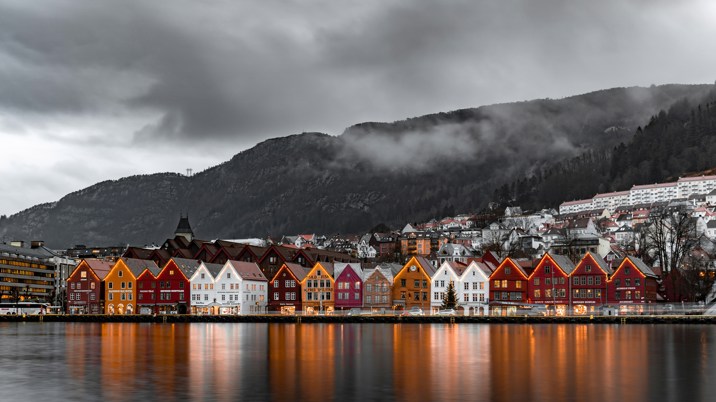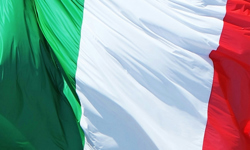
Journalists in the EU have much more freedom than their counterparts in North Korea, the country languishing at the foot of the World Press Freedom Index.
But, as the recently published ‘Media Freedom Report 2024’ from the Berlin-based Civil Liberties Union for Europe, makes clear, there’s no room for complacency.
“Media freedom and pluralism still stand perilously close to the breaking point in many EU countries,” the report says.
Its analysis focused on three areas: media freedom and pluralism, safety and protection of journalists, and freedom of expression and information.
It makes for uncomfortable reading.
- On ‘media freedom and pluralism’: “Media ownership concentration is high in Croatia, France, Hungary, the Netherlands, Poland, Slovakia and Slovenia. The majority of a country’s media companies being owned by a handful of individuals threatens the diversity of media voices and increases the risk of biased reporting.” The issue of regulation is also addressed: “While many countries maintain independent media regulatory bodies, this is not the case in Hungary, where it is under government control, and in several other Member States, where current practices give the government too much influence over its structure, financial support or function.”
- On ‘safety and protection of journalists’: “Journalists across Europe continue to face intimidation, surveillance, attacks and detention. In addition to these threats, they also face abusive lawsuits that drain time and resources and discourage them from pursuing stories.”
- On ‘freedom of expression and information’: “Freedom of expression and access to information remain areas of concern for media in many EU Member States. Journalists who are critical of the government may find themselves excluded from press conferences or other official events, or denied access to documents that should be made available to them.”
This is very concerning although there are grounds for hope. There have been, says the report, some positive legislative developments in the last twelve months, which if enforced properly, could significantly improve press freedom in the EU. These include the Anti-SLAPP Directive, the Digital Services Act and the European Media Freedom Act.
“How effectively the European Media Freedom Act is enforced could be decisive to the media’s future in Europe,” says the report.
Of course, the UK is no longer in the EU, but many of the issues raised by the report apply equally here.
Ahead of World Press Freedom Day this Friday, the report is a timely reminder of what needs to be done to improve press freedom around the world.
The country we should all aspire to be more like is Norway, which has topped the World Press Freedom Index every year since 2017. According to Reporters without Borders, the authors of the index: “Norway’s legal framework safeguarding freedom of the press is robust. The media market is vibrant, featuring a strong public service broadcaster and a diversified private sector with publishing companies guaranteeing extensive editorial independence.”
Sounds like heaven.
You can catch James Evelegh’s regular column in the InPubWeekly newsletter, which you can register to receive here.












